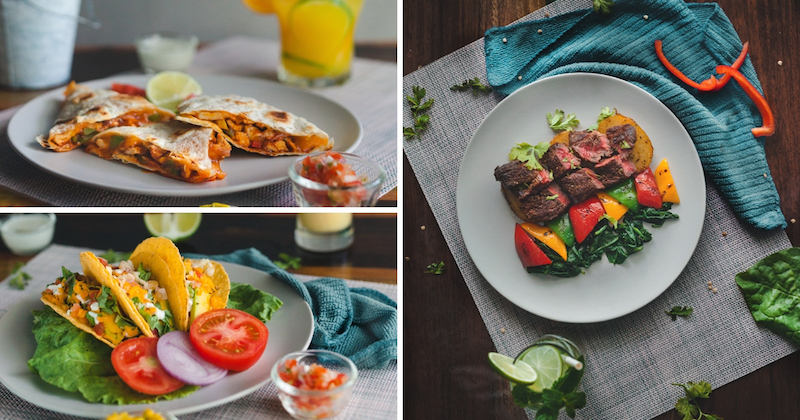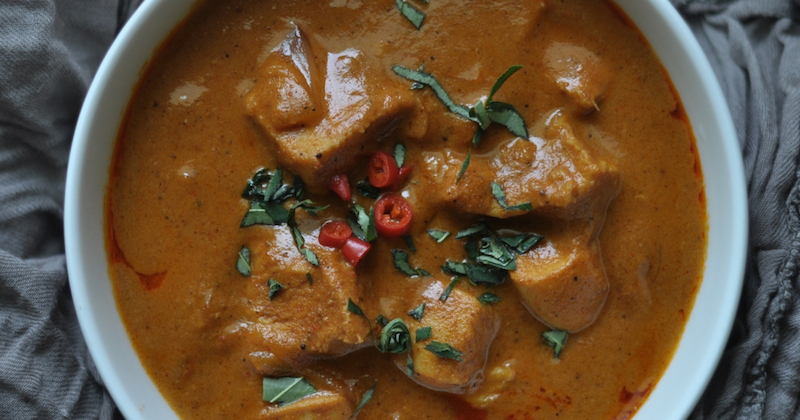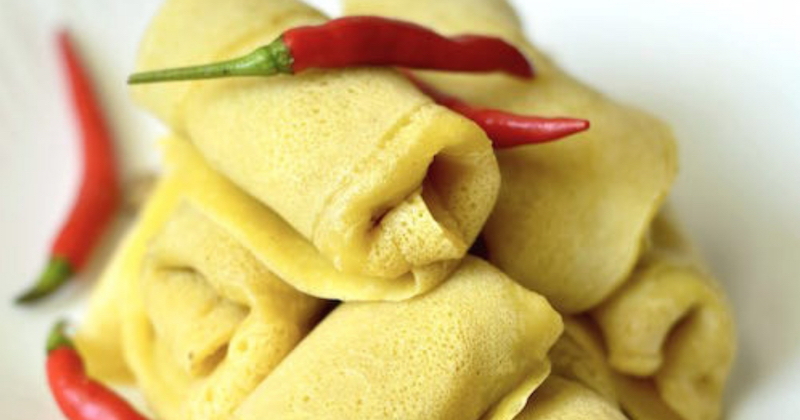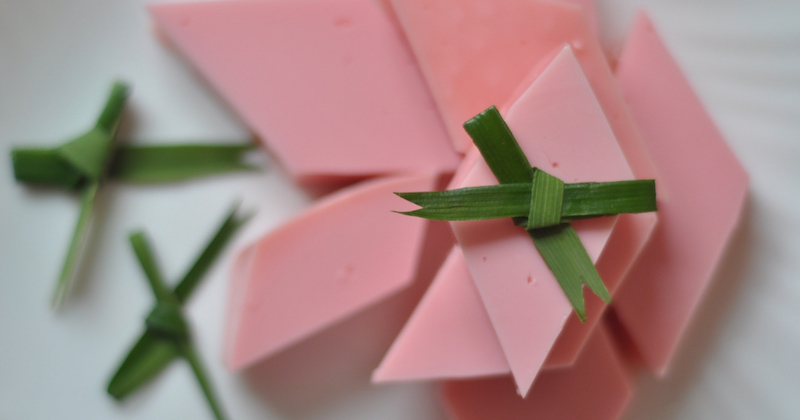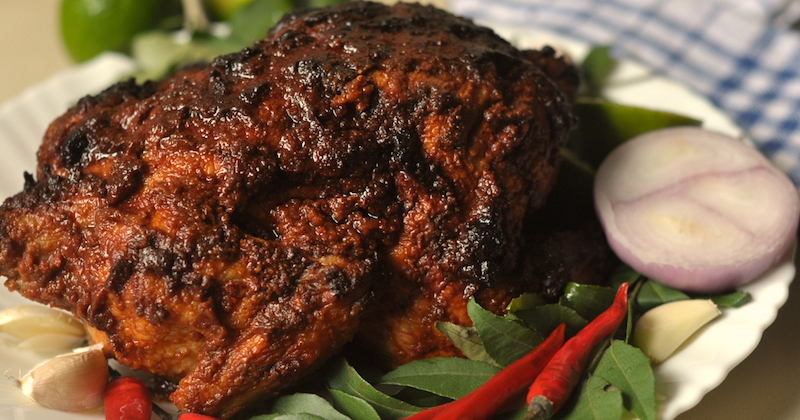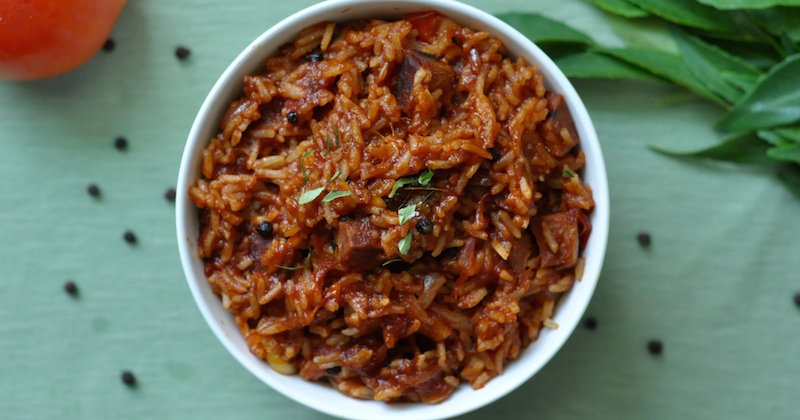Egg Tricks & Tips

Eggs; the protein packed nutrient rich little wonder of a food that you can prepare in a gazillion ways. For this week’s feature article we’ve complied a few tips and tricks about eggs.
How do you check if an egg is fresh?
No one likes cracking an egg to find a bad smelling yucky mess. So, how do you check for freshness without actually cracking it open? It’s quite simple, just put them in a bowl of water and the fresh ones will sink and the bad ones will float. Actually, the freshest eggs will lie on their sides at the bottom of the water bowl. Eggs that are not at their freshest but still good to use will stand up in the bowl of water with the pointy end touching the bottom. And for those that float, they’ve seen better days so just throw them out.
Why do bad eggs float?
As it turns out eggshells are porous; meaning air can actually enter through them. Bad eggs float because as the egg gets older, more and more air gets in, eventually making it buoyant. On the other hand, the fresher the egg the less air in it, hence the sinking.
What’s the best way to remove eggshells?
Ever spent a considerable amount of time trying to remove a piece of eggshell from a mixture? You chase it and chase it, but it just keeps slipping away? Well, turns out, the best way to remove eggshell is by using another eggshell; they happen to attract each other, almost like magnets.
How do you make a perfect boiled egg?
Well, perfect, in this case is defined by you. You might want a delicately soft-boiled egg with a runny creamy yolk, or you might want it firmer with both the yolk and white firmly set in. What you don’t want is that boiled egg which when you crack open has a yolk that’s almost turning grey, tastes crumbly and dry. So how do you do it? Place eggs in a pot, pour water to cover the eggs at least by an inch and bring it to a boil. Once the water boils, switch off the heat and leave it. Whether the egg is soft-boiled or hard-boiled depends on how long you leave it this way. For really soft-boiled eggs with creamy and runny yolks leave them for 2 to 4 minutes. For medium boiled eggs keep them for 6 to 8 minutes. For hard-boiled eggs, leave them for 10 minutes. After keeping them in the pot for the desired amount of time, remove them and immediately place them in a bowl of cold water. This will stop the residual heat from cooking the eggs any further.
Are your fried eggs turning rubbery?
When fried eggs turn rubbery, it means just one thing; you’ve overcooked it. So, the solution is to just simply cooking it slowly, on low heat. Here’s how you do it: first heat oil in a frying pan and make sure it lightly covers the bottom of the pan, add the egg and immediately turn the heat to low and cook until the white sets. We like the yolk runny, but if you want it to be a bit firmer, just cover it by holding down a lid over it for around a minute and let the steam cook the yolk. The really important thing to remember is to just not rush the process. The same applies for making scrambled eggs and omelettes too; just go gently with the heat and you’ll have your eggs soft and yummy.
You might also be interested in:
About Lonumedhu
Lonumedhu is about eating great food right here in the Maldives.
Our easy to follow recipes use locally available ingredients.
In our blog you will find food news, interviews with chefs and cooks, useful information about eating out and other foodie reads.
Contacts
© Lonumedhu.com 2017-2026. All rights reserved. No part of this website may be reproduced without the written permission of the publisher.
Advertisers
Lonumedhu.com has partnered with Qualia Pvt Ltd, a publishing & marketing agency, for its desktop and mobile advertising.
Advertising enquiries should be directed to (960) 987 4396 or marketing.sales@lonumedhu.com.


